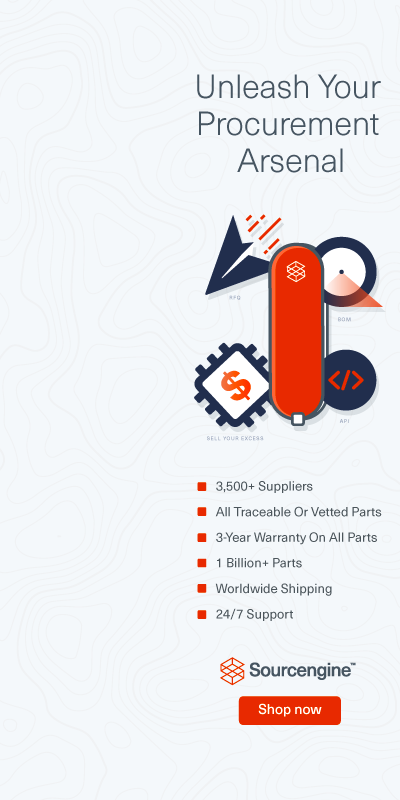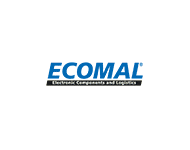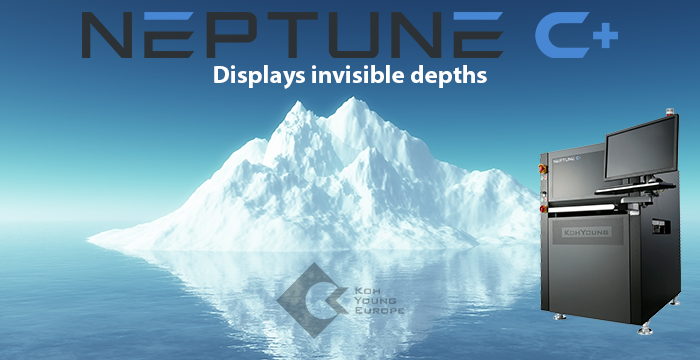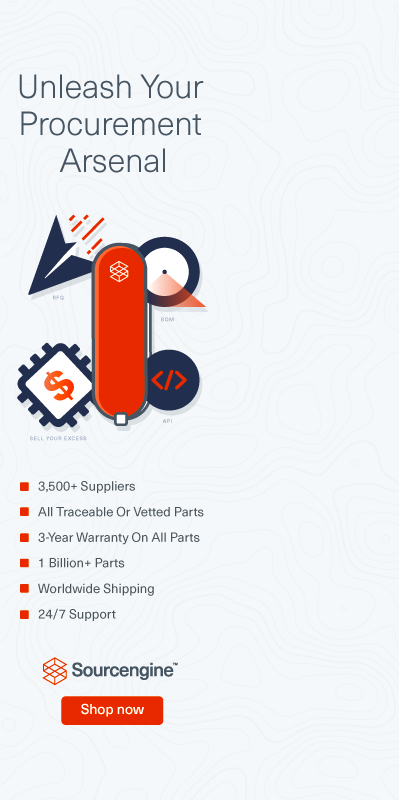
© franz pfluegl dreamstime.com
Business |
EU initiates anti-subsidy investigation on solar panel imports from China
The European Commission today launched an anti-subsidy ("countervailing duty") investigation into imports of solar panels and their key components (i.e. solar cells and solar wafers) originating in China.
EU ProSun, an industry association, claimed in its complaint lodged on 26 September 2012 that solar panels and their key components imported from China benefit from unfair government subsidies. In terms of value of imports affected, this is the most significant anti-subsidy complaint the European Commission has received so far: in 2011, China exported solar panels and their key components worth around €21 billion to the EU.
The investigation will take 13 months in total. According to trade defence rules it is possible to impose provisional anti-subsidy duties within 9 months, provided there is sufficient prima facie evidence of subsidisation.
An anti-dumping investigation concerning the same product was initiated on 6 September 2012 and is on-going.
On what basis is the European Commission opening this investigation?
The European Commission is legally obliged to open an anti-subsidy investigation if it receives a valid complaint from a Union industry which provides evidence that a product exported from one or more countries is being subsidised and causing injury to the Union industry.
Such an anti-subsidy complaint was lodged on 26 September by EU ProSun, an ad hoc association representing more than 20 European companies producing solar panels and their key components. Their collective output represents more than 25% of Union production and the producers opposing the complaint do not represent more Union production than companies supporting the complaint. Both elements are legal requirements under the EU's anti-subsidy Regulation for an investigation to be initiated.
The complainant has brought sufficient elements demonstrating the existence of:
(1) possible subsidisation by the Government of China
(2) injury suffered by the Union industry and
(3) a possible causal link between the subsidised imports and the injury suffered by the Union industry.
Hence, the European Commission has found that there is sufficient prima facie evidence to warrant the opening of an investigation.
What product is under investigation?
The product covered by the investigation is solar panels and their key components, i.e. solar cells and solar wafers. In order to produce a solar panel, solar wafers are converted into cells and then cells are assembled together into modules, i.e. panels. Some producers have integrated production covering all three segments, whilst others produce only wafers, cells and/or modules.
Under what circumstances can anti-subsidy measures be imposed?
The investigation must conclusively show that:
- there is government subsidisation which benefits the exporting producers in the country/countries concerned
- material injury has been suffered by the Union industry concerned
- there is a causal link between the subsidisation and the injury found
- the imposition of measures is not against the Union interest.
Some facts on the production of solar panels
China is the world's largest producer of solar panels. Approximately 65% of all solar panels are produced in China. The EU is China's main export market for solar panels, accounting for around 80% of all Chinese export sales.
How many anti-subsidy investigations has the European Commission started?
Anti-subsidy investigations, while less common than anti-dumping cases, are still undertaken quite frequently. The EU currently has 10 anti-subsidy measures in force against third countries.
The EU has so far initiated 4 anti-subsidy proceedings against China and currently has measures in force against one product (coated fine paper). In comparison, the US, which is traditionally a more prolific user of anti-subsidy investigations, has imposed 24 anti-subsidy measures against China).






